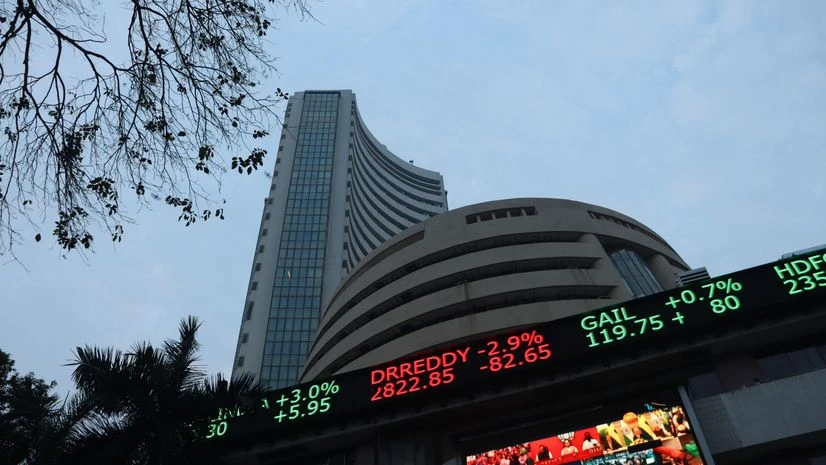From Tuesday onwards i.e effective October 1, 2024, the Indian financial markets will undergo several reforms that investors must know - for starters the National Stock Exchange (NSE) and the Bombay Stock Exchange (BSE) have introduced new transaction fees for brokers across various segments, while the government has implemented a new tax regime for share buybacks, treating them as dividends.
Additionally, the securities transaction tax (STT) on Futures & Options (F&O) trading has increased, and the Securities and Exchange Board of India (Sebi) has streamlined the process for trading bonus shares.
Additionally, the securities transaction tax (STT) on Futures & Options (F&O) trading has increased, and the Securities and Exchange Board of India (Sebi) has streamlined the process for trading bonus shares.
Uniform transaction fee
The BSE has raised transaction fees for Sensex and Bankex options contracts to Rs 3,250 per crore of premium turnover. This adjustment is part of a broader change in transaction fee structures outlined in a SEBI circular from July 2024 for Market Infrastructure Institutions (MIIs). For the cash market, the NSE will charge Rs 2.97 per lakh of traded value on each side. For equity futures, the fee will be Rs 1.73 per lakh on each side, while equity options will incur a fee of Rs 35.03 per lakh of premium value. This new fee structure aims to create a more uniform and equitable trading environment for all brokers.
India's largest non-agri commodity exchange, the Multi Commodity Exchange of India's (MCX) revised transaction fees for futures and options contracts, will also be effective from today. The new fee structure will set the transaction fee at Rs 2.10 per lakh of turnover value for futures contracts, while options contracts will incur a fee of Rs 41.80 per lakh of premium turnover value. The adjustment aims to streamline trading costs for participants in the commodities market.
India's largest non-agri commodity exchange, the Multi Commodity Exchange of India's (MCX) revised transaction fees for futures and options contracts, will also be effective from today. The new fee structure will set the transaction fee at Rs 2.10 per lakh of turnover value for futures contracts, while options contracts will incur a fee of Rs 41.80 per lakh of premium turnover value. The adjustment aims to streamline trading costs for participants in the commodities market.
Share Buyback Taxation
Starting October 1, income from share buybacks will be taxed as dividends, shifting the tax burden from companies to shareholders. This change means shareholders will be taxed according to their personal income tax brackets, which could result in a higher tax burden compared to previous practices. Previously, share buybacks were considered a tax-efficient method for companies to return capital to investors, but this new rule will affect the attractiveness of such strategies.
STT on Derivatives Trading
More From This Section
In a move aimed at curbing excessive retail participation in derivatives trading, the STT on Futures trading will rise from 0.0125 per cent to 0.02 per cent, while the STT on options trading will increase to 0.1 per cent. This hike, announced by Finance Minister Nirmala Sitharaman earlier this year, is intended to temper the rapid growth in derivatives trading among retail investors.
New T+2 Bonus Share Trading Framework
SEBI has also revised the timeline for bonus share trading, introducing a T+2 framework. Under this new system, shares issued through bonus schemes will be eligible for trading just two days after the record date. This change is expected to enhance liquidity and make it easier for investors to access their bonus shares more quickly.
In summary, these adjustments in transaction charges, share buyback taxation, STT on derivatives, and the bonus share trading framework mark a significant evolution in the Indian financial markets, prompting investors to reassess their strategies in light of these new regulations.

)